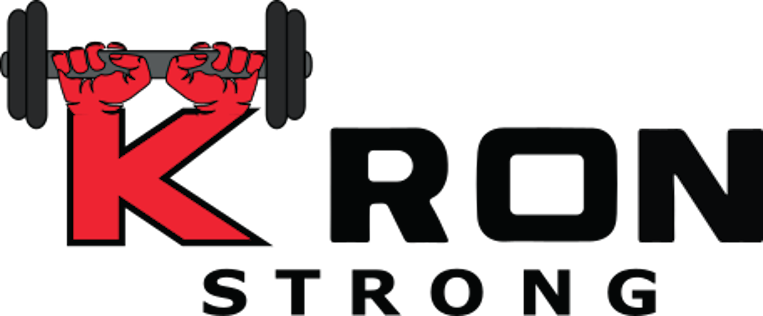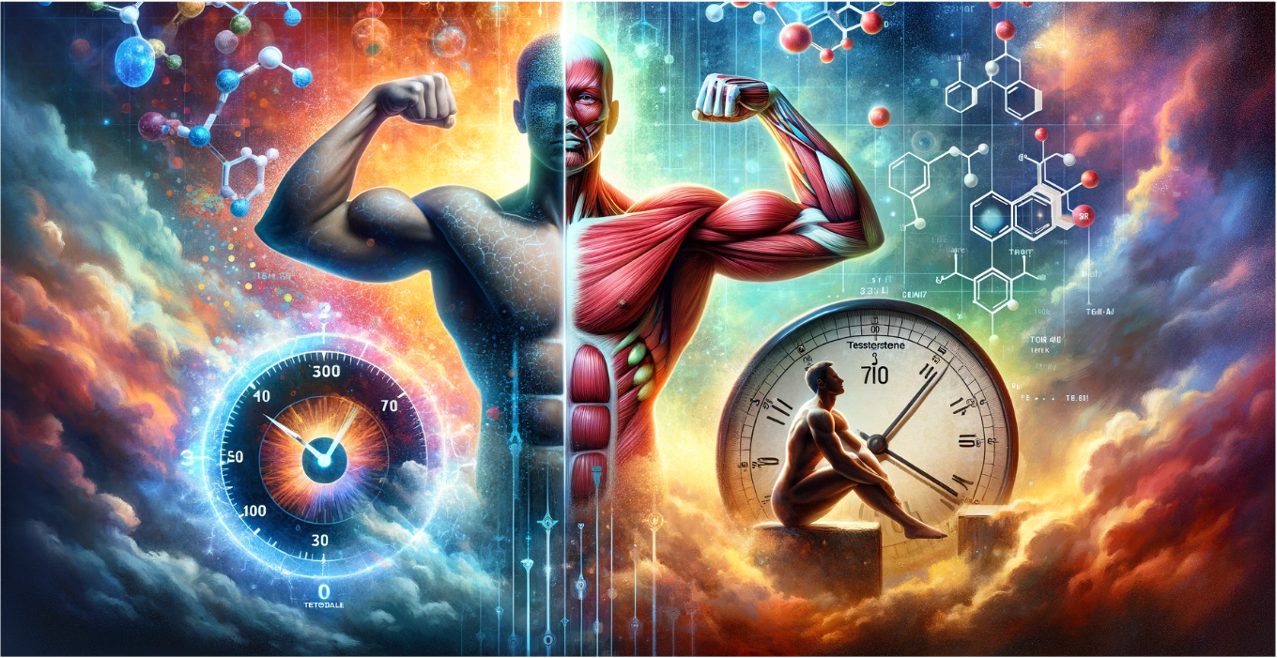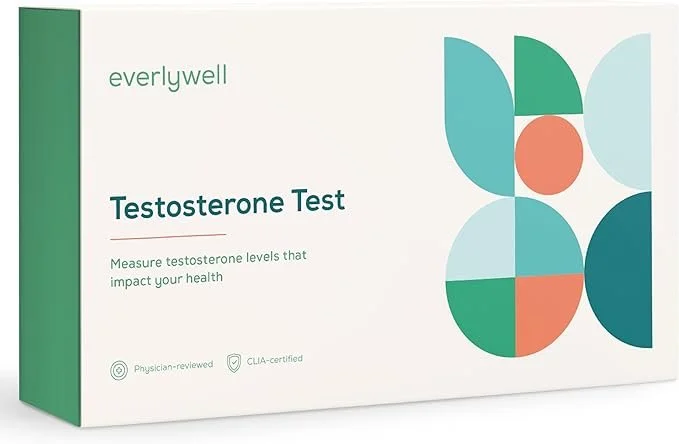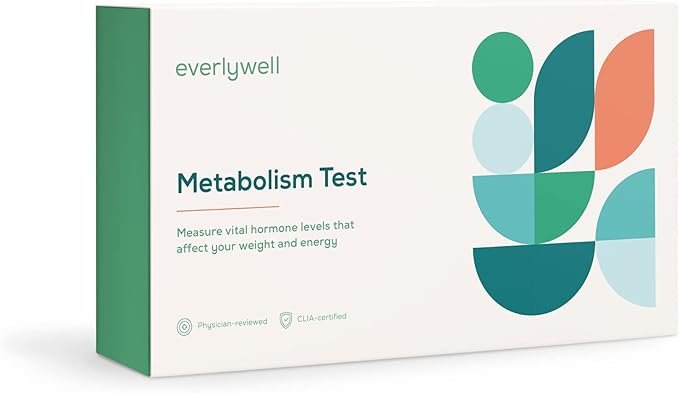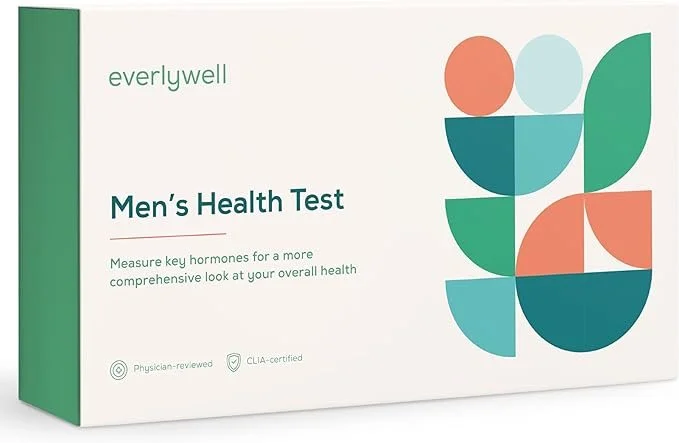The Crucial Role of Monitoring "Muscle Hormones" for Athletic Performance
In the realm of athletic performance and physical training, understanding and optimizing the body's internal mechanisms is as crucial as the external efforts put into workouts and exercises. Among the myriad of factors influencing muscle function, recovery, and overall athletic ability, "muscle hormones" such as testosterone, cortisol, DHEA (dehydroepiandrosterone), and estradiol play pivotal roles. Regular monitoring of these hormones can provide athletes and fitness enthusiasts with invaluable insights into the effectiveness of their training regimes and recovery processes, allowing for adjustments that can lead to superior performance and health outcomes.
The Significance of Testosterone and Cortisol
Testosterone, often hailed as the key male sex hormone, is vital for both men and women in muscle growth, strength, and recovery. Its anabolic effects promote muscle synthesis and are essential for developing lean muscle mass and enhancing athletic performance. Conversely, cortisol, known as the stress hormone, has catabolic effects that can lead to muscle breakdown and impair recovery when levels are chronically elevated. The balance between testosterone and cortisol (T:C ratio) is particularly telling of an athlete's recovery status and readiness for training. An optimal T:C ratio is indicative of good recovery and the body's readiness for further physical exertion, whereas a skewed ratio may signal overtraining or inadequate recovery.
The Role of DHEA and Estradiol
DHEA, a precursor hormone produced by the adrenal glands, serves as a substrate for the production of both testosterone and estradiol. It plays a role in maintaining muscle mass and function, influencing overall energy levels and resilience. Estradiol, while often considered a female hormone, is important for men as well, affecting fat distribution, libido, and even bone density. Balancing these hormones can not only enhance physical performance but also improve overall well-being and health.
Monitoring for Optimization
To truly harness the power of these hormones in optimizing athletic performance, regular monitoring through specific tests is recommended. The Testosterone Test, the Metabolism Test, and the Men’s Health Test are three such tools that men ages 18+ can use to gauge their hormonal status and its impact on their training and recovery.
The Testosterone Test measures total testosterone levels in the body. This test provides a baseline understanding of an individual's anabolic capacity and potential for muscle growth and recovery.
The Metabolism Test, on the other hand, offers a broader insight by measuring not only free testosterone levels but also cortisol levels. This test can help athletes understand their stress and recovery status, providing a clear picture of how their training intensity, volume, and recovery strategies are affecting their body.
The Men's Health Test is a comprehensive home testing kit designed to measure four key hormones: cortisol, free testosterone, DHEA, and estradiol. By evaluating the levels of these crucial hormones together, the test provides a broader overview and deeper insight into an individual's hormonal balance, offering valuable information about overall health and wellness. This convenient and accessible approach allows men to understand their hormonal status from the comfort of their home, empowering them with the knowledge needed to make informed decisions about their health, lifestyle, and fitness strategies.
By regularly tracking these hormone levels, athletes can make informed decisions about adjusting their training intensity, volume, and recovery periods. For instance, a lower-than-ideal T:C ratio might suggest the need for more rest or a reduction in training intensity to prevent overtraining and promote recovery. Similarly, understanding fluctuations in DHEA and estradiol levels can help in fine-tuning nutrition, supplementation, and lifestyle changes to support hormonal balance and athletic goals.
Benefits of Regular Hormonal Tracking
The benefits of regularly monitoring muscle hormones extend beyond optimizing training and recovery. It can lead to:
Enhanced Performance: By aligning training and recovery with hormonal status, athletes can achieve peak performance with reduced risk of injury or burnout.
Improved Recovery: Understanding hormonal cues can guide more effective recovery strategies, enhancing muscle repair and growth.
Personalized Training: Hormonal monitoring allows for a personalized approach to training, tailored to the individual's unique physiological responses.
Overall Well-being: Beyond athletic performance, hormonal balance is crucial for mental health, energy levels, and long-term health, underscoring the importance of regular monitoring.
In conclusion, the strategic monitoring of muscle hormones like testosterone, cortisol, DHEA, and estradiol offers a smart approach to training and recovery in sports and fitness. By leveraging specific tests to understand these hormonal dynamics, athletes can optimize their performance, ensure effective recovery, and maintain overall health and well-being. As the science of sports physiology evolves, the integration of hormonal monitoring into training regimes represents a frontier of personalized and precision athletics.
